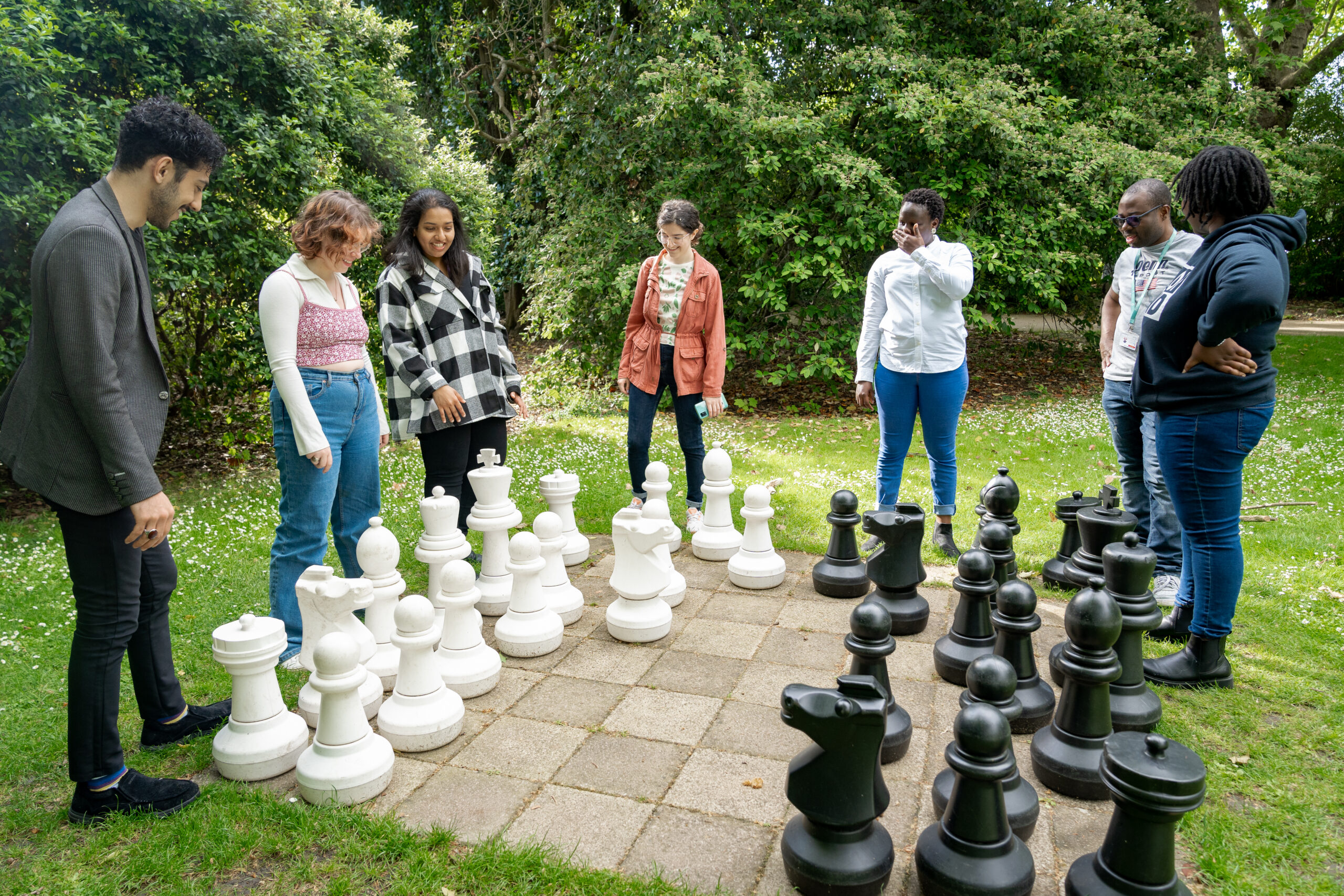Starting university is an exciting yet nerve-racking experience. As the first step towards independence and a future career, this transition requires careful preparation to ensure success both academically and personally. Going to university is a big step and can feel very overwhelming therefore, we’ve come up with the most important things you can do to prepare for this experience.
1. Research Your University and Program
Know Your Course Requirements: Before you even set foot on campus, familiarise yourself with the courses you’ll be taking. Review the course description, understand the credit requirements, and know which electives are available. This knowledge will help you plan your academic path and avoid last-minute surprises.
Understand the Campus Layout: Get a map of the campus and identify key buildings like lecture halls, libraries, dormitories, and student centres. If possible, take a campus tour—virtual or in-person—to get a feel of your new environment. This will make getting to classes much easier.
2. Financial Planning and Budgeting
Understand Your Finances: University can be expensive, so it’s crucial to understand your financial situation. Know the costs associated with tuition, accommodation, textbooks, and daily living. Create a budget that outlines your expected income (from student loans, scholarships, or part-time work) and expenses.
Look for Scholarships and Grants: Research available scholarships, grants, and bursaries. Securing one can significantly ease your financial burden. Don’t hesitate to apply for as many as you can because you never know.
Open a Student Bank Account: Many banks offer special accounts for students with benefits like low fees or overdraft protection. Shop around and choose the one that best suits your needs. I personally opened one with Santander and got a free railcard.

3. Organise Your Accommodation
Choose the Right Accommodation: Whether you’re staying on campus or renting privately, ensure your accommodation meets your needs. Consider factors like distance from campus, cost, and the facilities provided. However, you would have established this before entering university.
Roommate Agreements: If you’ll be sharing your space with others, establish ground rules early on to prevent conflicts. Discuss topics like cleanliness, noise levels, and shared expenses. I recommended going into campus accommodation for your first year so you can meet people.
4. Academic Preparation
Brush Up on Academic Skills: University-level work can be challenging, so it’s a good idea to brush up on essential academic skills. This includes essay writing, research methods, and time management. Many universities offer pre-arrival courses or workshops to help you prepare.
Get Your Textbooks and Supplies: Identify the required textbooks and purchase them early to avoid shortages. Consider buying used books or digital versions to save money. Additionally, stock up on essential supplies like notebooks, pens, a laptop, and software.

5. Prepare for a New Lifestyle
Learn Basic Life Skills: Moving out on your own means taking on responsibilities that you might not be used to. Learn to cook simple, nutritious meals, do your laundry, and manage your time effectively. These skills are crucial for maintaining a balanced and healthy lifestyle.
Pack Smartly: Don’t overpack—university rooms usually have limited space. Focus on essentials like bedding, clothing, personal care items, and a few decorations to make your new place feel like home. Don’t forget important documents like your ID, academic records, and health insurance information.
Mental and Physical Health: Your well-being is crucial to your success. Prepare by researching the health services available on campus, including counseling and medical care. Make a plan to stay active and eat healthily, even when the workload gets tough.
6. Social and Extracurricular Preparation
Join Online Communities: Many universities have online groups for incoming students. Join these to connect with your future classmates, ask questions, and get a sense of the university culture. It’s a great way to make friends even before you arrive on campus.
Explore Extracurricular Activities: University is not just about academics; it’s also a time to explore your interests and hobbies. Look into clubs, societies, and sports teams that you might want to join. Getting involved in extracurricular activities is a great way to meet new people and enhance your university experience.

7. Get Organised
Create a Study Schedule: University courses require a significant amount of self-directed study. Before classes begin, create a study schedule that allocates time for attending lectures, studying, and completing assignments. Having a plan will help you stay on track and avoid last-minute cramming.
Use a Planner: Whether it’s digital or paper, a planner is essential for keeping track of important dates like exams, assignment deadlines, and social events. Being organized will help you manage your time effectively and reduce stress.
8. Prepare for the First Week
Orientation Week: Most universities have an orientation week filled with events designed to help you settle in. Attend these sessions to learn more about the campus, meet your peers, and discover resources available to students.
Stay Open-Minded: University is a time of personal growth and exploration. Be open to new experiences, whether that means trying new activities, meeting people from different backgrounds, or challenging your existing beliefs.
9. Stay Connected
Stay in Touch with Family and Friends: Moving away can be tough, so maintain regular contact with your support system back home. Whether through calls, texts, or social media, staying connected will help you manage homesickness.
Build a Support Network on Campus: Seek out support from advisors, professors, and student services if you encounter challenges. Building a network of friends and mentors on campus will also provide you with a sense of belonging and community. I will definitely say creating friends at university will make your time there 100 times better.

Preparing for university involves more than just packing your bags and showing up for classes. It requires thoughtful planning, financial preparation, and embracing new experiences. By preparing thoroughly, you’ll set yourself up for a successful and enjoyable university experience. Remember, this is just the beginning of a transformative journey that will shape your future in ways you can’t yet imagine. Embrace the challenges and opportunities ahead, and make the most of this exciting new chapter in your life!
Have you also read these articles?

